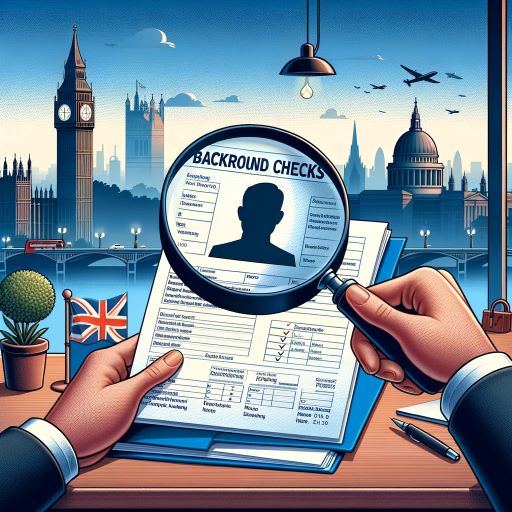
Can you discriminate against someone with a criminal record UK?
morgan stanley pre employment screening
3. Some organizations may mandate more frequent renewals based on internal policies.
Digital technology has significantly streamlined the Baseline Personnel Security Standard (BPSS) process by enabling faster gathering and verification of applicant information. Automation tools and online databases allow for rapid identity verification and employment history checks, reducing the time it takes to complete a BPSS clearance compared to manual processes.
Enhanced technological advancements are shaping the future landscape of BPSS compliance, offering quicker and more accurate identity verification processes. As the industry evolves, here are some key aspects to ponder:



